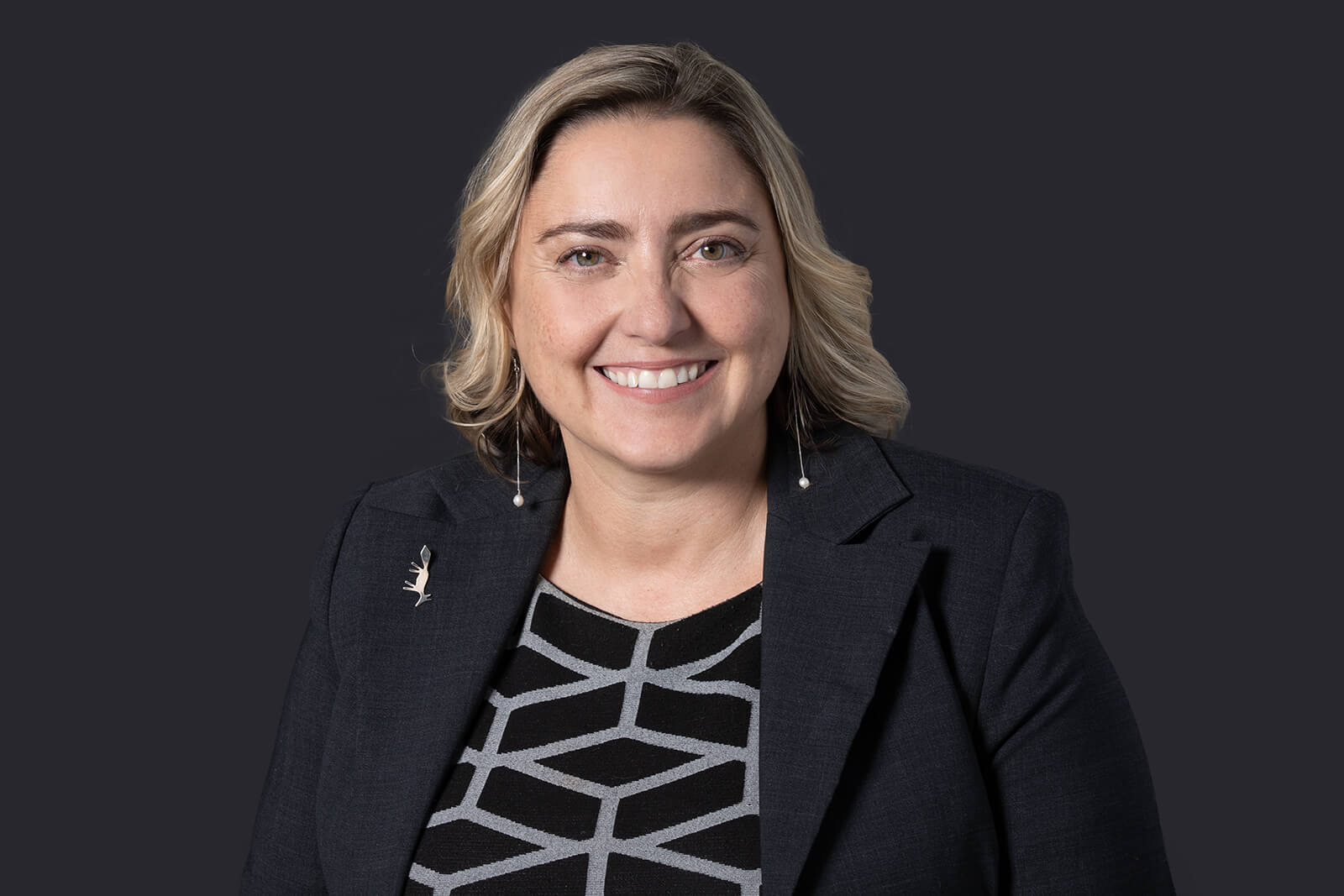The Supreme Court has handed down its judgment in R (on the application of Worcestershire County Council) (Appellant) v Secretary of State for Health and Social Care (Respondent), concerning the provision of after-care services under the Mental Health Act 1983 (“MHA”). This case concerns a dispute in relation to which local authority is responsible for paying for after-care services.
The Supreme Court has clarified the following general principles:
- Ceasing of duty for after-care: The duty to provide after-care services automatically ceases if a person who is in receipt of aftercare services is detained again under section 3 of the Mental Health Act, or another provision specified in section 117(1) MHA.
- Ordinarily resident test: The determination of the responsible local authority for funding after-care services is based on where the person was "ordinarily resident" immediately before detention. The term "ordinarily resident" should be interpreted in its usual meaning, and it requires a voluntary adoption of residence for settled purposes.
- Responsibility for funding: Section 117(3) MHA assigns responsibility for after-care services to the local authority where the person was ordinarily resident immediately before detention. This responsibility remains even if the person's residence was established in accommodation provided or funded by another local authority.
This is a long-awaited and significant judgment, which provides welcome clarity on the issue of when the duty for after-care ceases and how ordinary residence should be determined.
We have analysed the case and its findings in more detail below but please do get in touch if you would like to discuss the findings in more detail or have any questions about what the decision means for you.
Facts of the case
JG has treatment resistant schizophrenia and was initially living in a Worcestershire local authority property. She was detained under section 3 MHA in March 2014. JG was assessed as lacking capacity to decide where to live on discharge so it was agreed that it was in her best interests to move a residential placement closer to her daughter in Swindon. JG’s detention under the MHA ended in July 2014 and she was discharged to a care home in Swindon.
As JG had been detained under s.3 MHA, she was entitled to free s.117 aftercare services. These are services designed to meet a need arising from a person’s mental disorder and to reduce the risk of a deterioration in their mental condition.
The duty to provide after-care services to an individual falls jointly on (a) the local authority and (b) either the integrated care board (ICB) (in England) or the local health board (in Wales). After-care services must be provided until such time as the ICB/local health board and the local authority are satisfied that they are no longer needed.
Worcestershire County Council (“Worcestershire”) funded JG’s section 117 aftercare services when she was discharged from hospital in July 2014. JG was subsequently moved to a second care home in Swindon which was again funded by Worcestershire.
In June 2015, JG was detained for a second time under s.3 MHA in a hospital in Swindon. During this second detention, Worcestershire issued a termination notice to the care home, instructing it to stop providing services to JG. JG was discharged from hospital in August 2017 and needed after-care services. A dispute then arose as to who should pay for these services.
After-care services and the “ordinarily resident” test
When identifying which health and social care body is responsible for funding after-care services for a person, s.117(3)(a) states that it is the ICB/local health board and the local authority for the area in which the patient was “ordinarily resident” immediately before they were detained.
In JG’s case, there was an agreement that she was ordinarily resident in Worcestershire prior to her first detention under the MHA. However, the dispute was in relation to where she was ordinarily resident immediately prior to her second detention, and consequently who should pay for after-care services when she left hospital after the second detention.
The dispute was initially referred to the Secretary of State, who decided that Worcestershire was deemed responsible. Worcestershire judicially reviewed this decision.
The High Court judge concluded that Worcestershire’s duty to provide after-care services came to an end when JG was released from hospital after her second detention. Further, that JG was ordinarily resident in Swindon before her second detention, making Swindon responsible for after-care services following her second discharge.
The Court of Appeal agreed that JG was ordinarily resident in Swindon before her second detention. However, it stated that under section 117(2) MHA, the duty to provide after-care services continues until the relevant authorities decide that such services are no longer needed. Worcestershire did not at any point take a decision that JG was no longer in need of after-care services, so the duty on Worcestershire to provide after-care services continued, even after the second discharge.
What did the Supreme Court decide?
The Supreme Court held that the duty to provide after-care services to JG after the second detention fell to Swindon. This was for the following reasons:
- The duty to provide after-care services will cease not only when a decision is taken that the person concerned is no longer in need of after-care services, but also if the person ceases to be a person to whom section 117 applies. Crucially, s.117 does not apply to people who are currently detained in hospital under s.3 MHA (it only applies to those who have left hospital).
- If a person has been receiving after-care services, but is admitted to hospital under s.3 MHA, they no longer need after-care services and it is unnecessary for the local authority to take a decision that the person is no longer in need of such services.
- The duty under section 117(2) to provide after-care services automatically ceases if and when the person concerned is detained under section 3 MHA (or another provision specified in section 117(1)). In this case, therefore, Worcestershire’s duty to provide after-care services for JG ended upon her second detention.
- The term “ordinarily resident” should be given its usual meaning. It must be (i) voluntarily adopted i.e. not enforced presence by reason of, for example, kidnapping or imprisonment; and (ii) for settled purposes.
- A previous case has made it clear that section 117(3) fixed responsibility for after-care services on the local authority where the person concerned was resident immediately prior to detention, even if his residence came about because he was living in accommodation provided or paid for by another local authority. Subsequent amendments made to the wording of s.117(3) MHA in 2014 did not change this rule. It is clear that immediately before the second detention, JG was ordinarily resident in Swindon.










![Contractual liability for all inclusive treatment: Bartolomucci v Circle Health Group Limited [2025]](/getattachment/95f9533b-f99c-4fcc-b8d5-3f93904b8242/shutterstock_1265400856.jpg?variant=HeroImageTabletVariantDefinition)
































